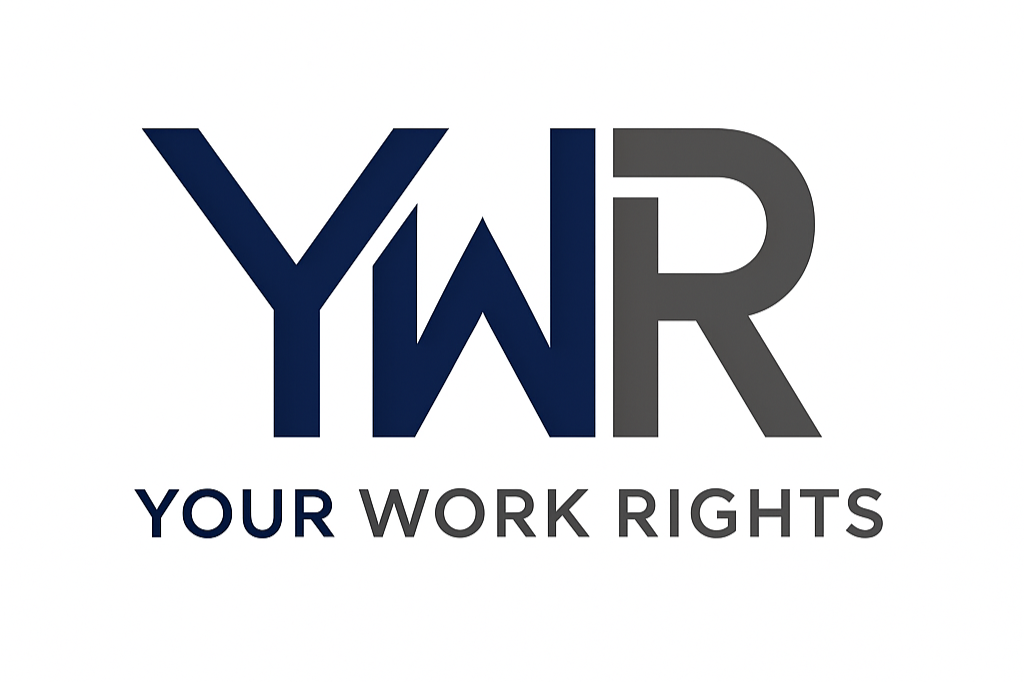Mental Health Toolkit for Navigating Workplace Stress and Institutional Conflict
1. Introduction
Experiencing stress, anxiety, or depression in the context of workplace conflict, discrimination, or prolonged grievance processes is not uncommon. This toolkit provides guidance on how to protect your mental health, seek appropriate support, and navigate the intersection between medical care and employment frameworks.
This guide includes:
How to approach your General Practitioner (GP)
How to work with Occupational Health (OH) while maintaining boundaries
Legal and strategic uses of mental health evidence in grievances and tribunals
Links to reasonable adjustments and sick leave policies
2. When to Seek Help
You feel persistently anxious, depressed, withdrawn, or overwhelmed
You’re having trouble sleeping, eating, or maintaining normal functioning
You’ve received a distressing response to a grievance, complaint, or incident
You are being subjected to repeated institutional delays, gaslighting, or exclusion
3. Your GP: Clinical Support and Documentation
What to Expect:
Your GP can assess your mental health and offer interventions (medication, therapy referrals)
They can issue fit notes (formerly 'sick notes') for mental health-related leave
They can refer you to NHS Talking Therapies or community mental health services
How to Use GP Support Strategically:
Request clear documentation of diagnosis and symptoms
Ask for referrals that document workplace-related stress
If planning an Employment Tribunal, consider asking the GP to note workplace cause of symptoms (if applicable)
Keep a copy of all GP notes and correspondence
4. Occupational Health (OH): Constructive Engagement
Important Context:
Occupational Health teams are typically employed or commissioned by your institution and are tasked with offering objective assessments to support both the employee and the organisation. While their reports are shared with HR or management, many OH professionals are clinically trained and work to ethical and evidence-based standards.
Purpose of OH:
To assess your fitness to work
To recommend adjustments (e.g. phased return, workload changes)
To provide advice on workplace support and duty of care
How to Engage OH Effectively:
Treat the appointment as a professional assessment — be clear, factual, and measured
Prepare notes beforehand outlining symptoms, impact on function, and your support needs
You can request to see the report before it is sent to HR (under the Access to Medical Reports Act 1988)
If needed, you may ask for factual amendments or provide clarifications
Practical Consideration:
OH is a valuable route for facilitating reasonable adjustments and workplace support. While their remit includes supporting the employer, many professionals do advocate strongly for individual wellbeing when presented with a clear and honest account.
5. When to Involve Mental Health in Formal Proceedings
Employment Tribunal:
Medical evidence can support claims of injury to feelings, disability discrimination, or detriment from whistleblowing
A GP diagnosis can serve as evidence of harm
If workplace stress has reached clinical levels, consider requesting adjustments to tribunal process (e.g. remote hearing, breaks)
Internal Grievance or Appeal:
If stress is severe, mention it in your submission — but ensure it is grounded in medical documentation
If you are too unwell to engage with a process (e.g. attend a meeting), request postponement with a fit note
6. Reasonable Adjustments
If your mental health condition qualifies as a disability (i.e. long-term, substantial impact on daily activities):
Your employer has a duty under the Equality Act 2010 to make reasonable adjustments
This could include: flexible working, different reporting lines, protected time off, therapeutic support, or role modification
OH reports can help formalise these requests, but they can also be made directly
7. Record-Keeping and Boundaries
Keep a private health log (dates, symptoms, triggers, doctor visits)
Retain all medical letters and fit notes
Set boundaries with work — it is not your duty to disclose full clinical details
8. Additional Support Resources
Mind: www.mind.org.uk
Rethink Mental Illness: www.rethink.org
NHS Talking Therapies: Search via your GP or online
Occupational Health Advice Line for Employers and Employees
9. Final Note
You are not alone. Mental health strain in the face of workplace injustice is real and valid. Seeking help is not a sign of weakness but a practical and courageous step. When handled carefully, clinical support can reinforce your personal wellbeing and strengthen your case.
